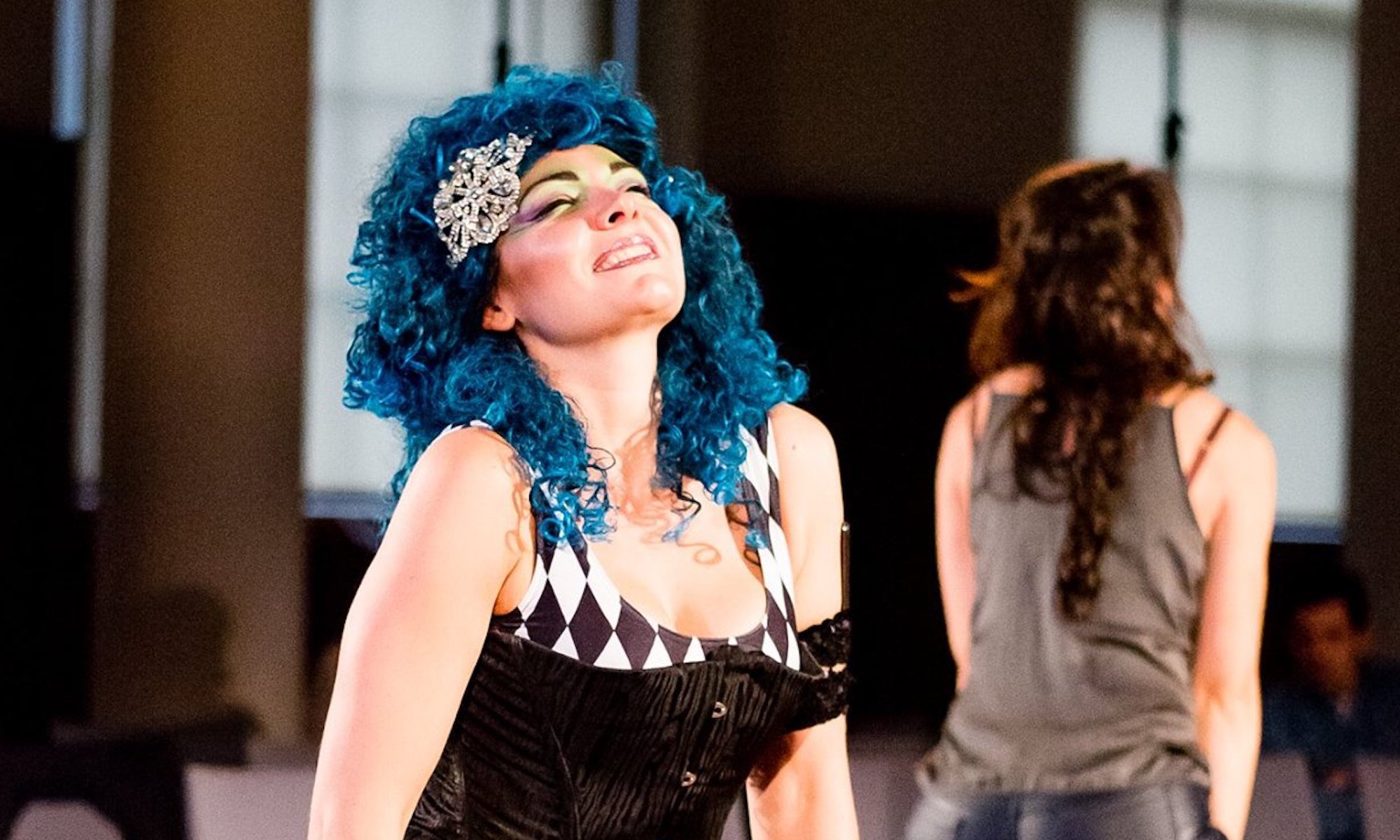A theatre director looks at an opera and asks how can this text tell us something about ourselves? Musicians look at it and ask what does the composer want?
 And so while actors are encouraged to innovate, musicians are expected to reproduce, and their performances are policed – from first lessons to final recital – to ensure conformity.
And so while actors are encouraged to innovate, musicians are expected to reproduce, and their performances are policed – from first lessons to final recital – to ensure conformity.
There are complex historical and cultural reasons for this, but the upshot is that musicians are caught between the urge to be creative and the rigid performance norms of their business, creating stress and anxiety, and enforcing in opera confusion between what happens on stage and in the pit.
Yet the bases for musicians’ faithfulness to the past are shaky: there’s no way to know what the composer wanted, and in most cases he’s been dead for centuries and can’t mind; the idea that we owe Purcell more obedience than we owe Shakespeare is superstitious; as early recordings show, performance style changes hugely over time yet there’s no reason to think it becomes less effective.
So why shouldn’t the performance of old texts be as innovative in music as in theatre, and wouldn’t the music profession be psychologically and economically healthier if it were?
Our Dido and Belinda reinterprets Purcell’s score Dido and Aeneas musically and theatrically in parallel, encouraging the performers to explore further possibilities, challenging the ideological restrictions imposed by performance norms, and starting fresh debate about the potential lying dormant in western classical music.
Professor Daniel Leech-Wilkinson
Trustee, Helios Collective

You must be logged in to post a comment.